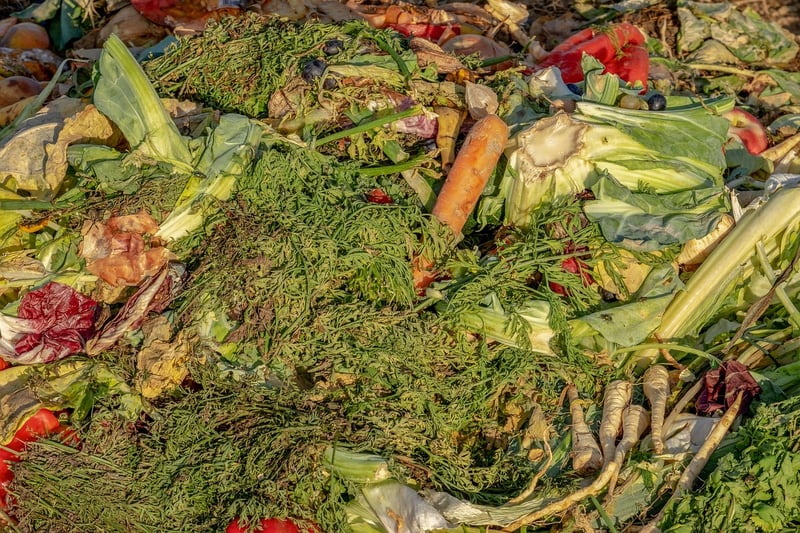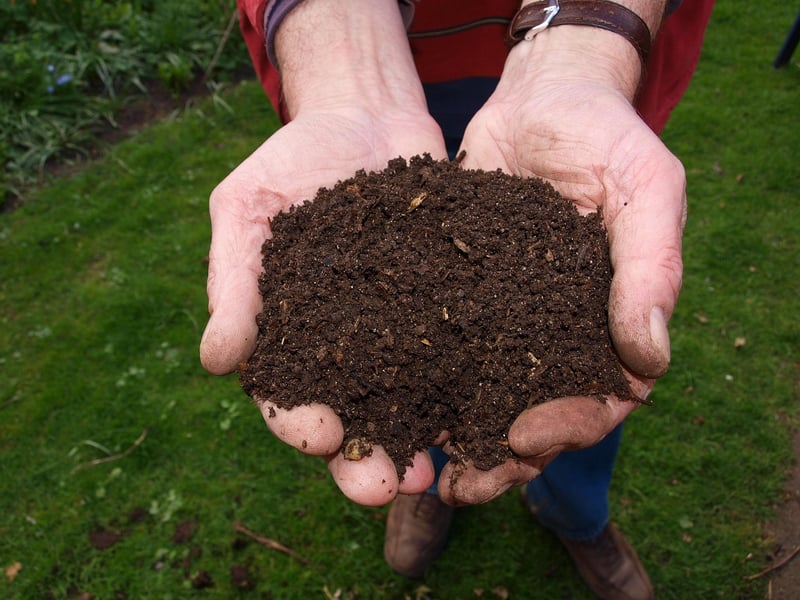Troubleshooting compost issues
Sustainable Waste Management and Troubleshooting Compost Issues
The Importance of Sustainable Waste Management
Sustainable waste management is vital for preserving the environment and reducing our impact on the planet. By properly managing waste, we can minimize pollution, conserve resources, and promote a healthier ecosystem for future generations.
Benefits of Composting
Composting is a key element of sustainable waste management. It involves the decomposition of organic matter to create nutrient-rich soil for plants. Some benefits of composting include:
- Reduction of landfill waste
- Enrichment of soil
- Reduction of greenhouse gas emissions
Troubleshooting Common Compost Issues
1. Foul Odors
If your compost pile smells bad, it may be too wet or lack enough oxygen. To remedy this, turn the pile to aerate it and add dry materials like leaves or straw to absorb excess moisture.
2. Pests
Ants, flies, or rodents in your compost bin can be a sign of improper balance. Avoid adding meat, dairy, or oily foods to your compost, and cover fresh kitchen scraps with a layer of dry material to deter pests.
3. Slow Decomposition
If your compost is taking longer to decompose, it may lack nitrogen or be too dry. Add green materials like grass clippings or kitchen scraps to increase nitrogen content, and water the pile if it's too dry.
Conclusion
Effective waste management, including composting, plays a crucial role in creating a sustainable future. By addressing common composting issues and following best practices, we can all contribute to a healthier environment.

For more information on sustainable waste management and composting, visit EPA's composting guide.
